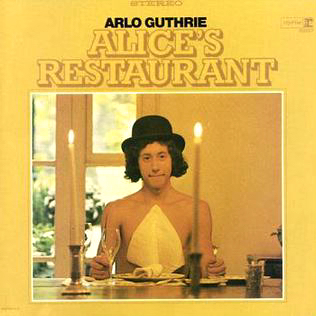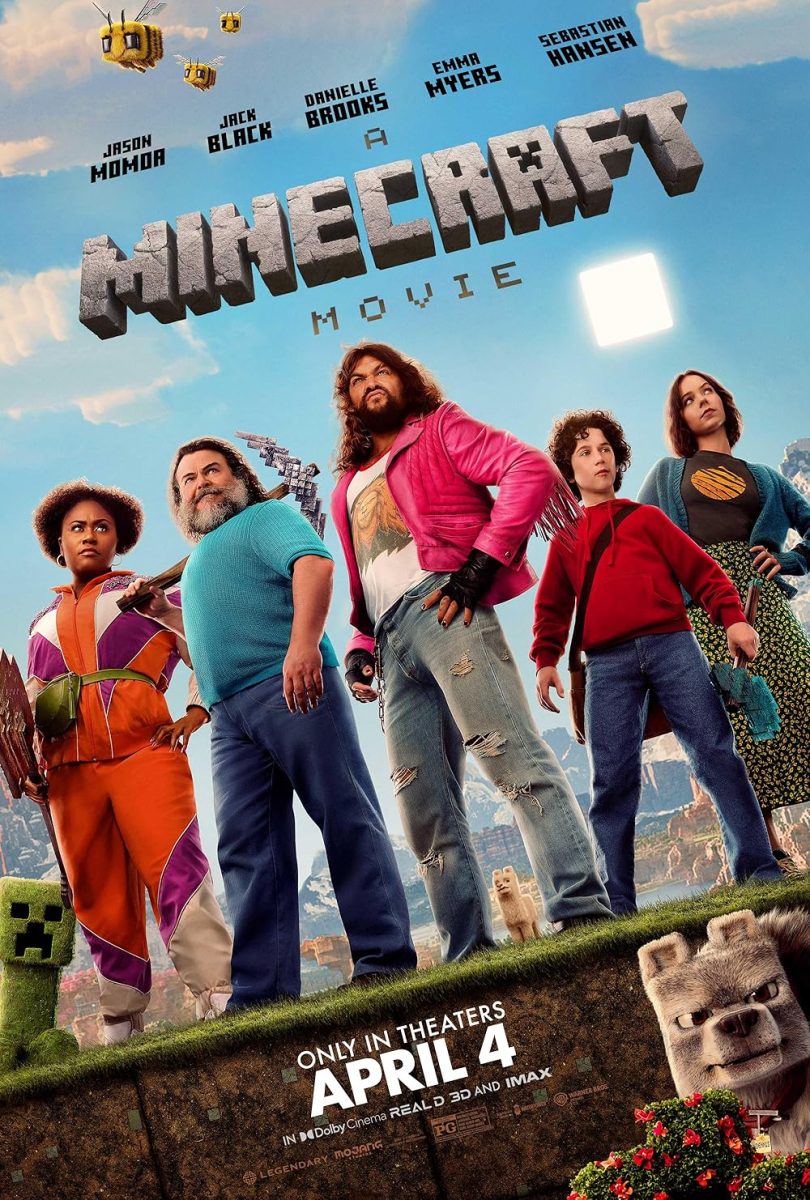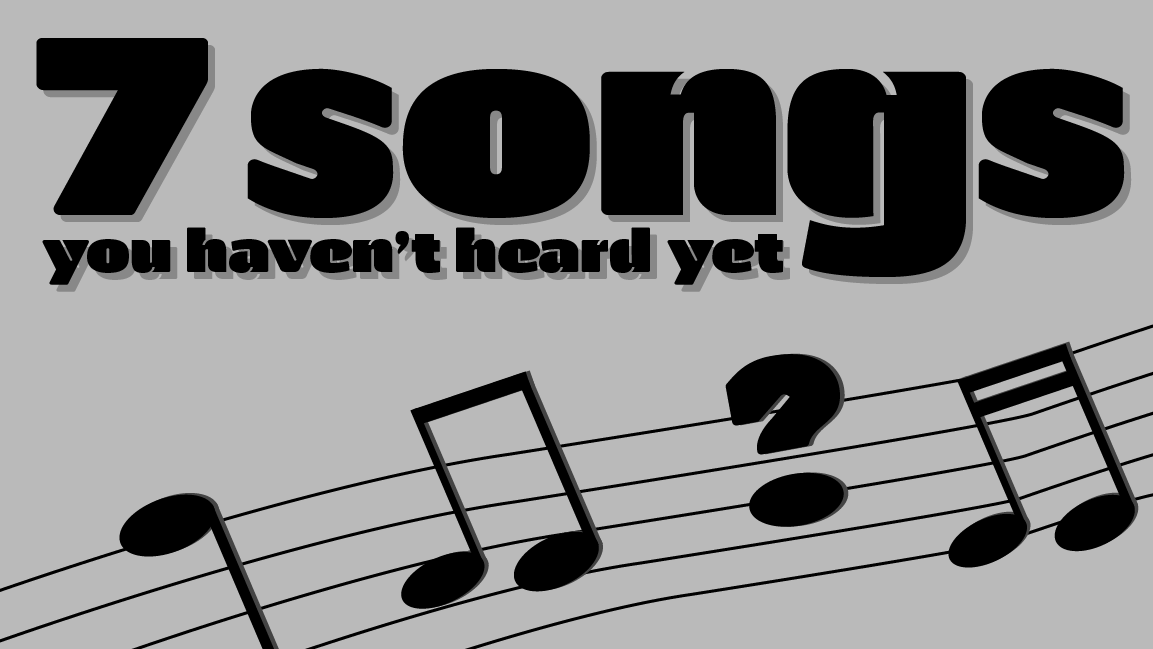This Thanksgiving, many will be engaging in their yearly traditions. Stuffing our faces with turkey, mashed potatoes and cranberries, watching the Macy’s Parade and Kennel Club Dog Show and, of course, officially commencing Christmas celebrations are just some of the things we’ll be doing. But for many other families, there is another tradition that gets passed down: Listening to an 18-minute song, every single second of it, that is more monologue than singing and is only partially about Thanksgiving. It’s a tradition that I only found out about from a friend last year, and the story of both the song and tradition quickly fascinated me, even after the holiday had passed.
“Alice’s Restaurant,” or its full title “Alice’s Restaurant Massacree”-yes, that’s the correct spelling-is an 18-minute odyssey that depicts an exaggerated version of events that actually happened to its performer and writer, Arlo Guthrie, back in 1965. For the benefit of those unfamiliar with the song, here is the gist of the story: Guthrie and a friend visited their friend Alice in Massachusetts one year for Thanksgiving, but before they ate dinner they decided to dispose of all the garbage that she and her husband had lying around in the deconsecrated church they lived in. They were forced to litter when they found the dump was closed and this eventually led to him and his friend getting tried and fined for their heinous crime of dumping garbage off of a cliff where there was already garbage dumped. A year later, Guthrie was called to the Vietnam War drafting board for a physical examination and upon revealing he had been arrested, had to go through the same process as all of the more serious criminals. He ended up considered unsuitable and got his fingerprints “sent off to Washington,” and the song concludes with a singalong of the catchy chorus as Guthrie reinforces the song’s anti-draft themes.
It’s long and rambling, taking frequent detours and often reiterating stuff that’s already been said, but that’s part of its charm. Even before it was officially released on Guthrie’s 1967 debut album, also called “Alice’s Restaurant,” it was already gaining a legend from live performances among folk circles for its dry humor and anti-draft message. When it was actually released the legend grew further, and not only did Guthrie get to perform at Woodstock, but there was a movie adaptation of the song by “Bonnie and Clyde” director Arthur Penn.
These days, the song has settled into a fan favorite, and when Guthrie was still touring it returned to his setlist every few years to commemorate the events of the song, long after both the ‘60s and the draft. His sense of humor about such a long song being his most iconic is wry, at one point saying “If I’d have known how popular it was going to be, I’d have made it a hell of a lot shorter.” That being said, live performances tended to be even longer as he explained certain things for the benefit of younger people in the crowd.
All of this definitely raises an important question, however: How did it become so closely associated with Thanksgiving and why does it endure as we come upon the 60th anniversary of the events of the song next year? Obviously, the first half of the song is set on Thanksgiving and the days after, and the whole thing is set in motion by a faithful dinner, but Thanksgiving itself quickly disappears from the story after the first couple of minutes. Not to mention going to court and the draft are most certainly not what one thinks of when they think of the holiday. Nevertheless, the song is a radio staple on Turkey Day, and in Scranton, you can find multiple stations playing it in its entirety at noon. While it may have most likely started as an excuse for DJs to get up and grab some turkey themselves as the vinyl played, due to its length, I don’t think that’s the only reason the tradition is still around.
As Guthrie explained once in an interview with NPR, the song was as much anti-draft as it was “anti-stupidity.” Although undoubtedly told through the lens of a young hippie, the root of much of the humor of the song still comes from authority figures being inept or too focused on Guthrie being a hippie to notice actual crime or criminals. Without wading too deep into politics, especially after this election, that “anti-stupidity” message still rings as true as it did back then. A “massacree” was slang from the Ozark mountains for a series of improbable events and yet the imagination needed to envision a sergeant that would be more concerned about a litterer serving than a murderer becomes less and less as time passes. In fact, there’s a part of the song where Guthrie feigns insanity to the psychiatrist to try to get out of the draft and that just gets him sent further along the process, only his “criminal record” stops everything in its tracks.
During his last tours where he sang the song, after running through the bit about “starting a movement” by singing the chorus, Guthrie acknowledged he and the song aren’t going to be around forever. Someone will write a new song one day, but until then his song will have to do. And I agree: Someday, someone my age will write something similar, though it probably won’t be the same length, and people will be singing that instead of “Alice’s Restaurant.”
But until that day comes, we can still sing along every Thanksgiving to this one. And I’m sure that to the families who hold the song up as a tradition, nothing will be able to replace the feeling of familiarity and warm togetherness that it brings.
Contact the writer: [email protected]























